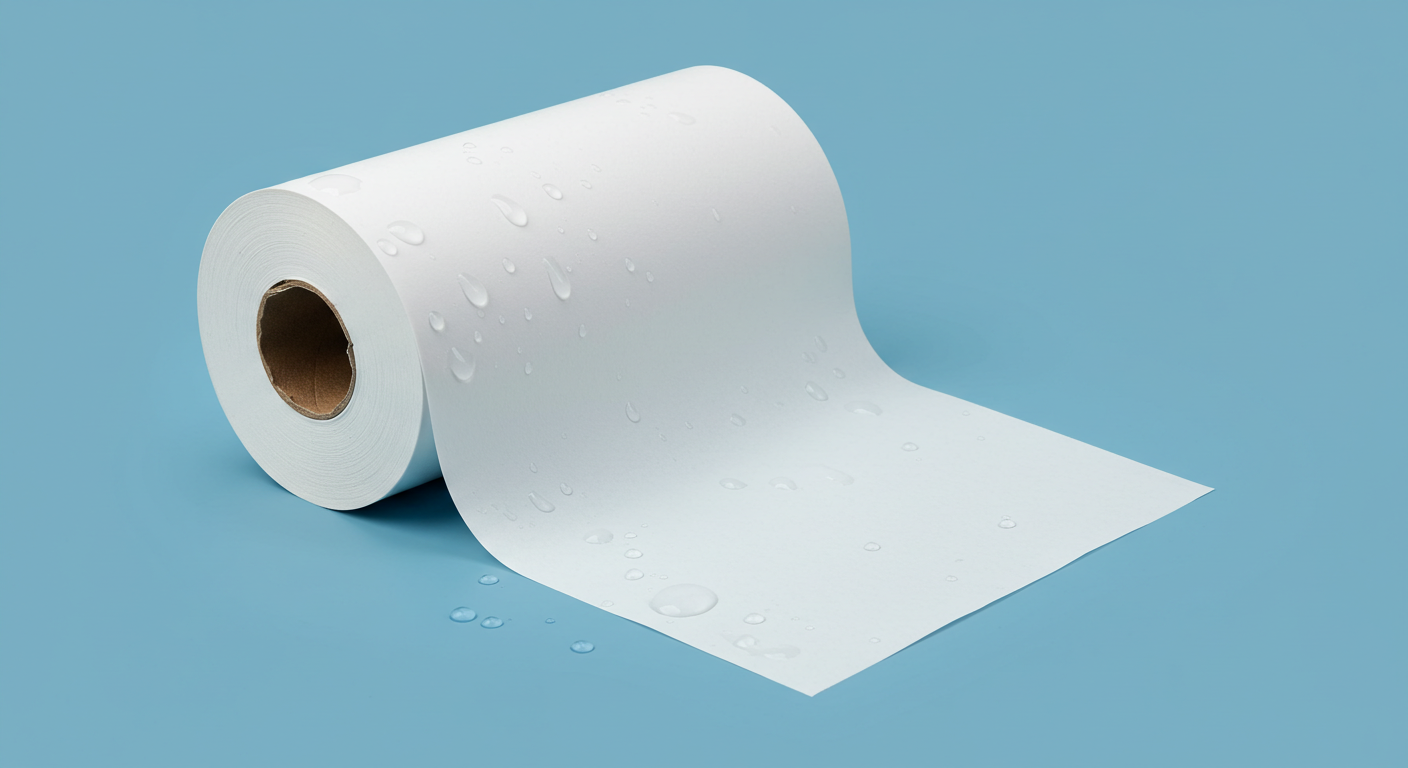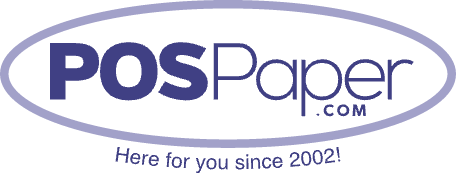
Is Sticky Back Thermal Paper Waterproof?
"Is sticky-back thermal paper waterproof?"
Let us analyze this topic and clarify any misunderstandings, particularly if you are producing labels that may encounter water, spills, or outdoor environments.

What Is Sticky Back Thermal Paper?
Sticky-back thermal paper is a type of thermal paper with an adhesive backing essentially a thermal label roll that doesn’t require ink or toner. It’s commonly used in:
-
Shipping labels
-
Barcode stickers
-
Food delivery receipts
-
Asset tracking labels
-
Event tickets and more
What makes it popular is that it's easy to use, compatible with mobile printers, and mess-free. All you need is heat, and the paper reacts to print the image or text.
So, Is It Waterproof?
Short answer: Not always.
The waterproof quality of sticky back thermal paper depends on the coating and material quality used during production.
Here's what to know:
-
Basic sticky back thermal paper is water-resistant, not waterproof. That means it can handle light splashes or moisture, but it shouldn’t be soaked or submerged.
-
Premium or top-coated thermal labels offer more durability, often resisting water, oil, and smudges but still have their limits.
-
Prolonged exposure to high humidity, heat, or friction can cause the image to fade over time.
Water-Resistance vs. Waterproofing
| Feature | Water-Resistant | Waterproof |
|---|---|---|
| Handles Light Splashes | ✅ | ✅ |
| Withstands Full Submersion | ❌ | ✅ |
| Smudge Protection | ✅ | ✅ |
| Long-Term Outdoor Use | ⚠️ Limited | ✅ (if properly coated) |
How to Make Sticky Back Thermal Paper More Durable
If you need your labels to endure rougher environments like the outdoors, freezers, or industrial settings try these tips;
1. Choose Top-Coated Thermal Paper
Look for labels with a protective top coat. These are more resistant to water, oil, and UV light, making them ideal for tough jobs.
2. Add a Protective Layer
Apply a clear adhesive laminate or cover the print with transparent tape. This shields the printed area from smudging or fading due to moisture.
3. Store It Right
Keep unused rolls in a cool, dry place away from sunlight or high humidity. Exposure to heat or moisture before printing can compromise paper quality.
4. Use Specialized Labels
For waterproof needs, consider using synthetic thermal labels (like BOPP or PET film-based). These are made specifically for outdoor and moisture-heavy applications.
When Waterproof Labels Are Needed
Here are some situations where true waterproofing is crucial:
-
Shipping frozen goods or medical items
-
Outdoor labeling for construction or agriculture
-
Food packaging in cold or wet environments
-
Poolside or marine product tagging
Final Thoughts
While most sticky back thermal papers aren’t 100% waterproof, they offer great water resistance for day-to-day indoor and light-duty use. If your job requires more rugged protection, it’s worth investing in top-coated or synthetic waterproof thermal labels.
